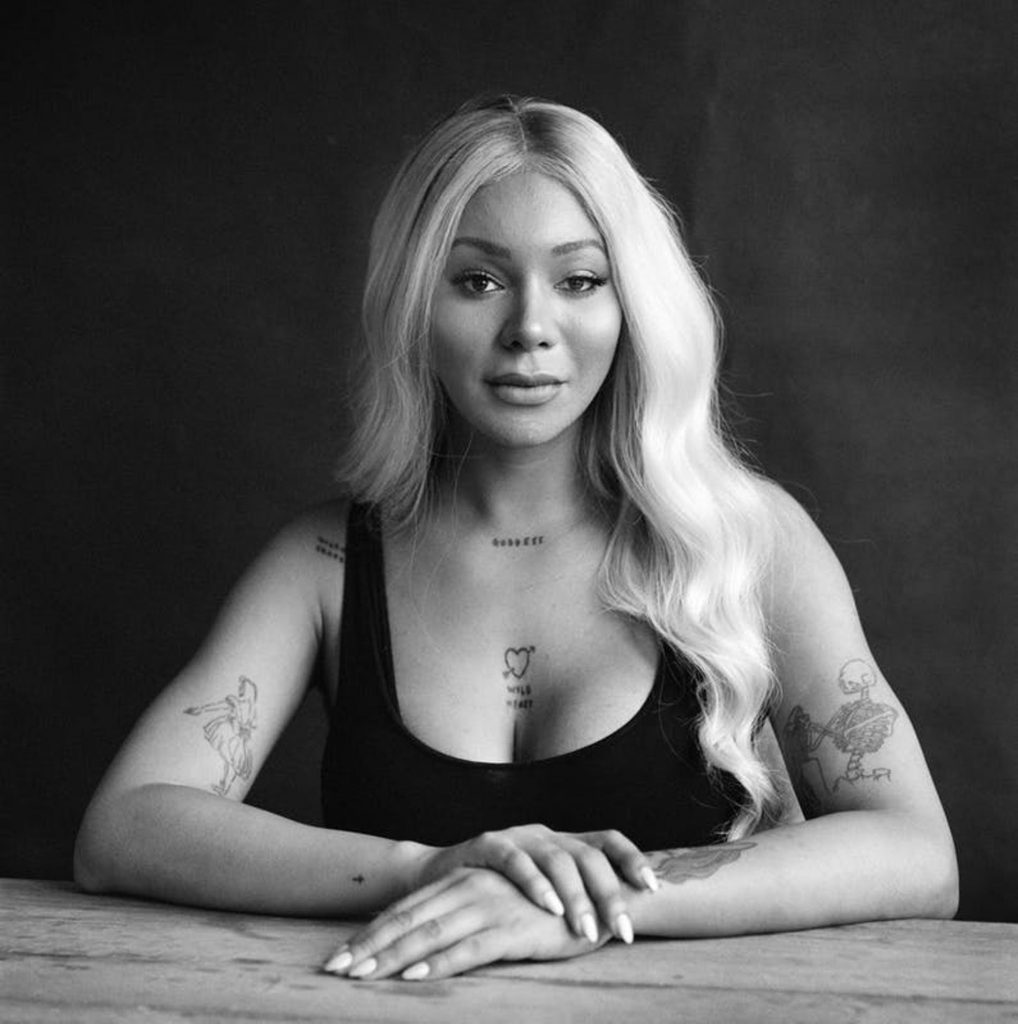All it took was a simple question for Munroe Bergdorf to put the past two years of relentless public scrutiny into perspective. It came from a journalist—a black woman journalist, she stresses—who knew exactly what the fashion model and activist needed to hear.
“Are you okay?” the journalist asked. With that question, the British-born 31-year-old realized that, for once, she was being seen by the media as something more than a soundboard; the woman’s empathy taking her by surprise. “I just burst into tears,” Munroe tells me now, reliving the experience with a smile; her eyes getting glassy as the memory floods back.
It would be easy to paint Munroe as a victim. After all, she’s a queer, trans woman of color who’s spent her life encountering and fighting back against all kinds oppression, and her position as someone who battles bigotry might have lead many to mistake her hardiness for emotional strength. But instead of being visibly damaged by the world around her, in person the incredible woman is even more funny, soft, and warm than the viral videos, where she stands up for trans kids—or the game-changing catwalk appearances for brands like Art School and Gypsy Sport—might suggest. She might need a shoulder to cry on sometimes, but Munroe is not going to let the torrent of hate, for being who she is so proudly, get to her.
Her resilience in the face of scrutiny and her desire to do something powerful with it has transformed her into a lifeline for young women, queer people and trans kids today. Here, in conversation with L’Officiel USA, Munroe discusses the invigorating power of Paris is Burning, why activism isn’t activism without wide-reaching inclusivity, and how fashion’s greatest anarchists have formed vital safe spaces for the trans community in the modern age.


